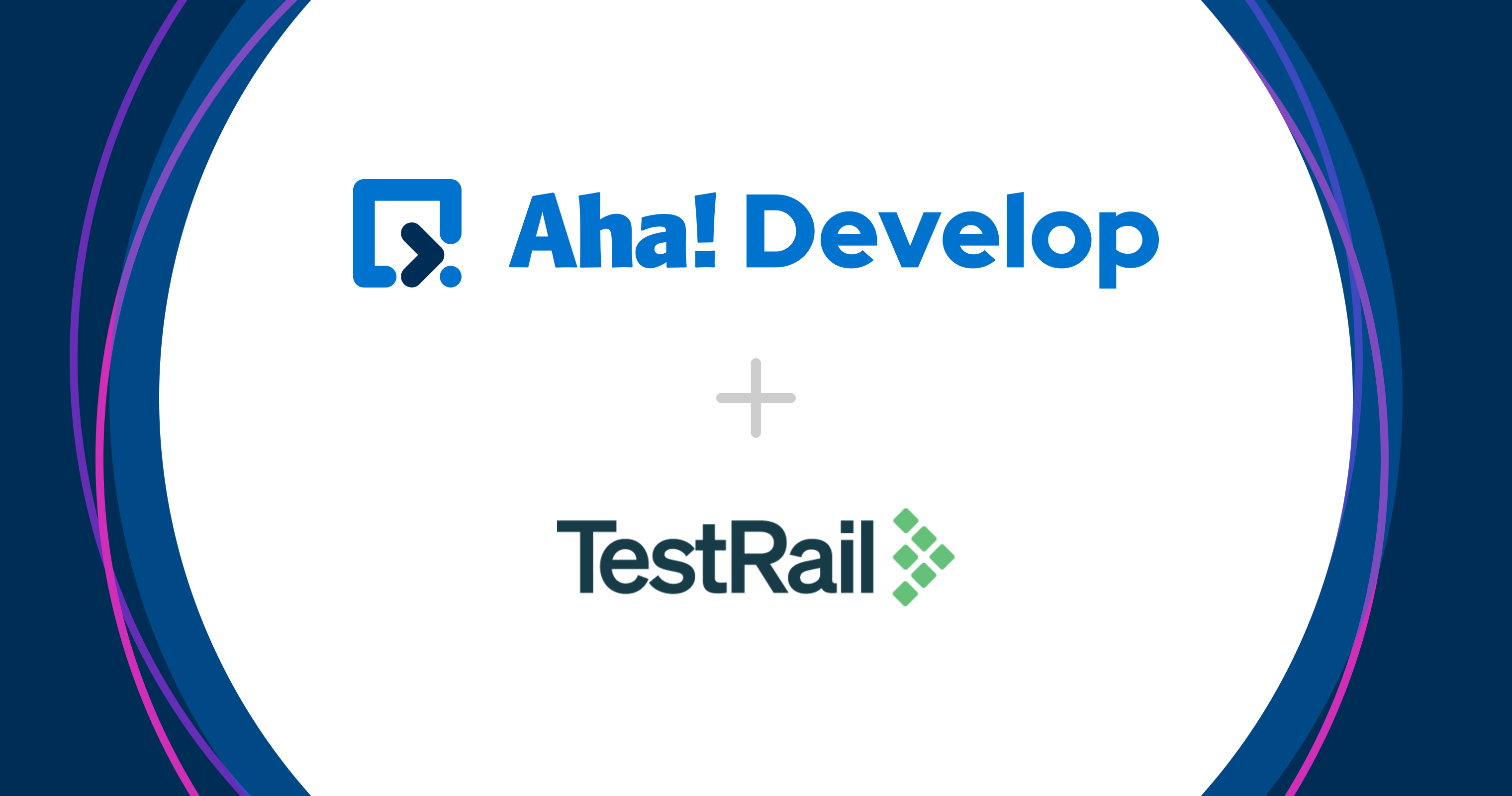How Does Bitcoin Actually Work? Blockchain Explained Simply

Bitcoin has revolutionized the financial world, offering a decentralized alternative to traditional banking. But how does it actually work? At its core, Bitcoin relies on a groundbreaking technology called blockchain. In this post, we’ll break down Bitcoin and blockchain in simple terms so you can understand the magic behind digital currency.
What Is Bitcoin?
Bitcoin is a digital currency that operates without a central authority like a bank or government. Instead, it runs on a peer-to-peer network where transactions are verified by users (called miners) and recorded on a public ledger known as the blockchain.
Created in 2009 by an anonymous person (or group) named Satoshi Nakamoto, Bitcoin introduced a new way to transfer value securely and transparently.
How Does Bitcoin Work?
1. Transactions: Sending and Receiving Bitcoin
When you send Bitcoin to someone, the transaction is broadcast to the network. Each transaction includes:
-
The sender’s public address (like an account number).
-
The receiver’s public address.
-
The amount of Bitcoin being sent.
-
A digital signature to prove ownership.
2. Verification: The Role of Miners
Miners are computers that validate transactions by solving complex mathematical puzzles. This process, called Proof of Work (PoW), ensures that:
-
The sender has enough Bitcoin.
-
The transaction isn’t fraudulent.
Once verified, the transaction is added to a block.
3. Blockchain: The Public Ledger
The blockchain is a chain of blocks, each containing a batch of verified transactions. Key features:
-
Decentralized – No single entity controls it; copies exist on thousands of computers worldwide.
-
Immutable – Once a block is added, it can’t be altered, making fraud nearly impossible.
-
Transparent – Anyone can view all transactions on the blockchain.
4. Mining & Rewards
Miners compete to solve cryptographic puzzles. The first to solve it adds the block to the blockchain and earns newly minted Bitcoin as a reward (this is how new Bitcoin enters circulation). This process also secures the network.
Why Is Blockchain Important?
Blockchain isn’t just for Bitcoin—it’s a revolutionary technology with applications in finance, supply chains, voting systems, and more. Benefits include:
✔ Security – Extremely difficult to hack.
✔ Transparency – All transactions are public.
✔ Decentralization – No single point of failure.
Final Thoughts
Bitcoin and blockchain may seem complex, but at their core, they’re about trustless, transparent, and secure transactions. As digital currencies evolve, understanding these concepts will be crucial for the future of finance.
For more insightful articles on technology and finance, stay tuned to Puzbuz Online!
















































































































![Building A Digital PR Strategy: 10 Essential Steps for Beginners [With Examples]](https://buzzsumo.com/wp-content/uploads/2023/09/Building-A-Digital-PR-Strategy-10-Essential-Steps-for-Beginners-With-Examples-bblog-masthead.jpg)















![How to Use GA4 to Track Social Media Traffic: 6 Questions, Answers and Insights [VIDEO]](https://www.orbitmedia.com/wp-content/uploads/2023/06/ab-testing.png)



































